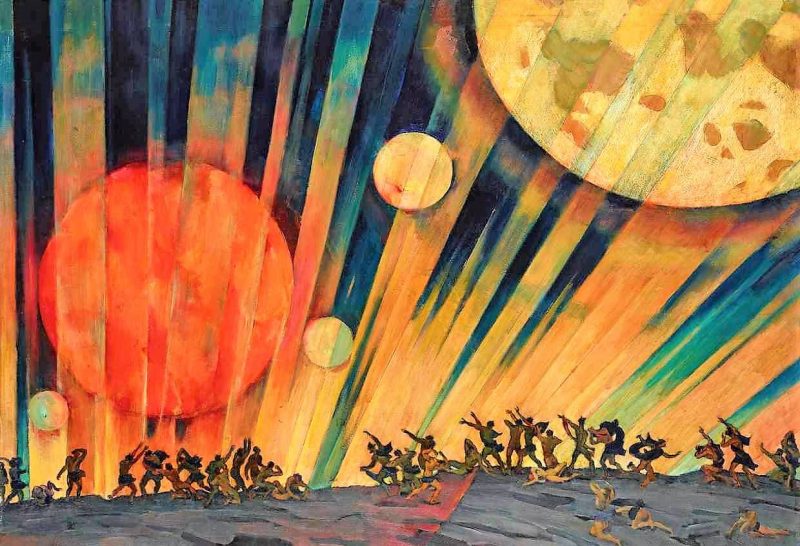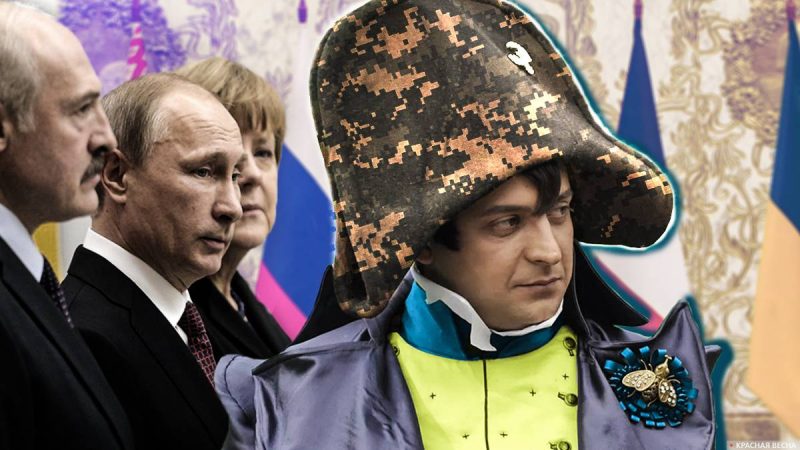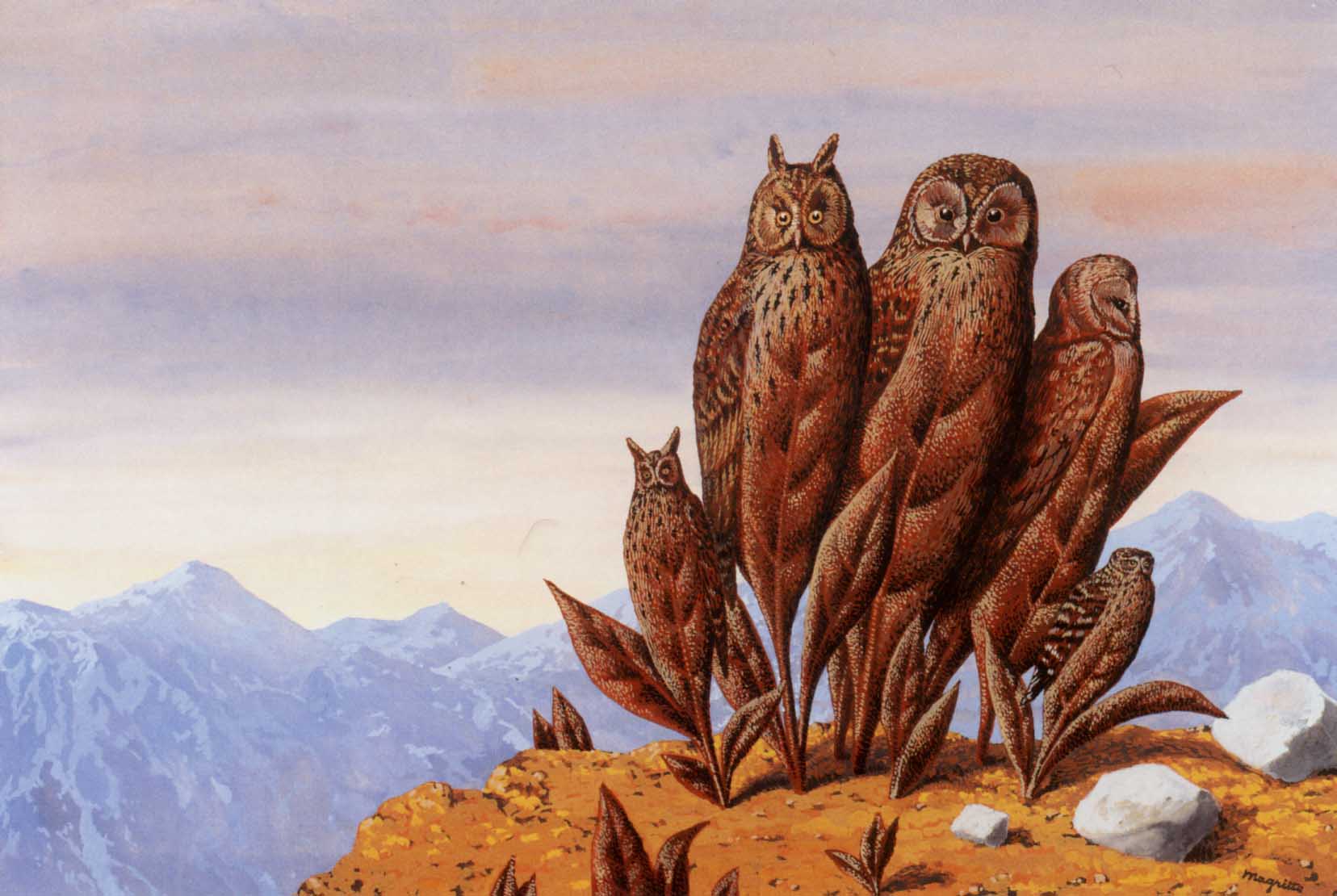09.11.2023, Aleksandrovskoye.
The absolute significance of the Great October Socialist Revolution is that it showed the world the prospect of secular humanism and the dream of the kingdom of freedom, political scientist, philosopher, and leader of the Essence of Time movement Sergey Kurginyan said on November 7 on a special edition of his author’s program Destiny.
“Humanistic civilization – and Russia belongs to it – had no historical perspective other than the one set by November 7, 1917 and the existence of the Soviet Union and the Soviet way of life,” the philosopher stressed.
He noted that this became evident after the disintegration of the Soviet Union and communism. Kurginyan recalled that Pope John Paul II said that “we have built a culture of death on the ruins of this communism” and also quoted the Soviet philosopher Aleksandr Zinoviev, who said, “We aimed at the communism, but we hit Russia.”
“John Paul II essentially said that ‘we aimed at the communism, but we hit humanism’ – Christian humanism, including love, all the ideals that unite, let’s say, Stalin, who wrote, ‘This is something more powerful than Goethe’s Faust because love defeats death’ – and the Apostle Paul, who spoke of love,” Kurginyan said.
There was no humanistic alternative to communism, the philosopher emphasized. After the disintegration of the Soviet Union and the Soviet way of life, this fact was exposed with incredible mercilessness. It became clear that humanity had no historical perspective. It was at this time that the Western philosopher Francis Fukuyama wrote his book The End of History, Kurginyan reminded.
“The significance of November 7, 1917 is not limited to the great achievements in the USSR and even to the victory in the Great Patriotic War. This significance is absolute, because it contains the secular,” the philosopher explained. He explained that with all his respect for religions, one must recognize that humanity has long been in a post-religious era.
“In post-religious times – the only bright, humanistic, real ideal with a huge historical prospect, with great dreams was the ideal that began to materialize into reality on November 7, 1917,” Kurginyan stressed.
He urged us to think about the scale of this ideal, and cited as an example the lines from the Soviet song “March of the Enthusiasts”, “We will carry the banner of our country through worlds and centuries.” The philosopher admitted that this scale had been distorted by the late Soviet period with its vileness, but reminded that it was precisely these that psychologist Erich Fromm called “goulash communism,” i.e., consumer socialism.
“There was all that. But there was also something else. There was the greatness of this dream, the dream of Man’s ascent, the dream of a new Man, the dream of a kingdom of freedom, into which it would be possible to enter from the kingdom of necessity,” Kurginyan recalled.
At present, this kingdom of necessity is closed, and man is declared to be the sum of pain and pleasure, the philosopher noted.
Source: Rossa Primavera News Agency




